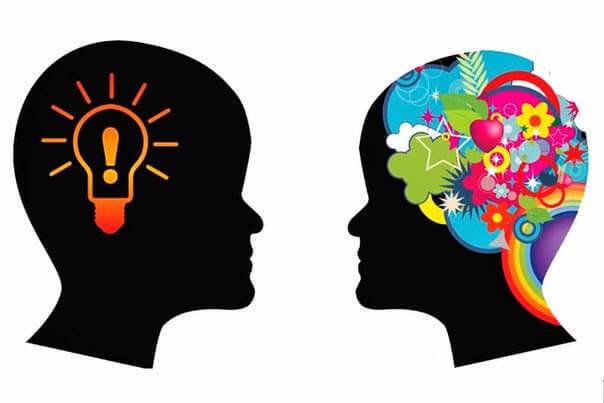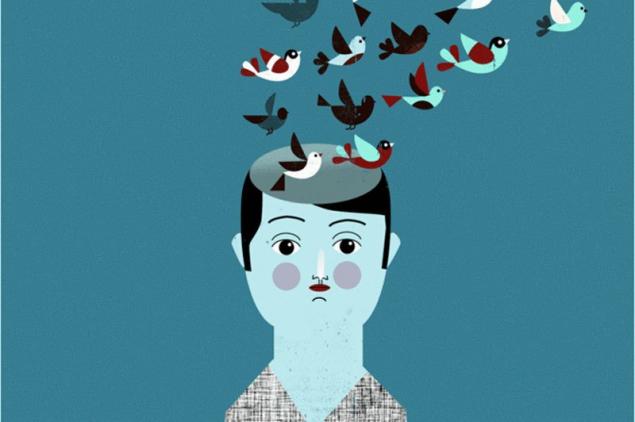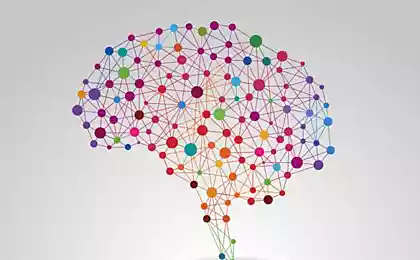456
The dark side of emotional intelligence
Columnist for Scientific American Agatha Blashak Box reveals the dark side of emotional intelligence, briefly telling how it contributes to the increase in stress makes us vulnerable, makes you feel responsible for something we had nothing, and exposes us to the temptation to manipulate others for personal gain.
Understanding that a friend or colleague is feeling sad, angry or surprised is the key to communicating with other people. But new research suggests that the ability to "eavesdrop on feelings" can sometimes exacerbate our stress. This and other studies challenge the widespread belief that emotional intelligence is always beneficial to its owner.

In a study published in the release of Emotion for September 2016, psychologists Miriam Bechtoldt and Vanessa Schneider from Frankfurt school of Finance and management in Germany asked 166 male students from University a number of questions to assess their emotional intelligence.
For example, researchers showed students pictures of people and asked them to rate the extent to which expressed feelings such as happiness or disgust.
Then the students had to participate in the conversation with assesses participants showing strict expression.
Scientists have measured the concentration of the stress hormone cortisol in the saliva of students before and after the conversation.
The students who had great emotional intelligence (as shown by the first test), stress indicators increased more in the experiment and it took more time to return to baseline.
The results indicate that some people may be too emotionally astute, not for the benefit of themselves, says Hillary Angier, Elfenbein, Professor of organizational behavior at Washington University in St. Louis, which was not involved in the study.
"Sometimes you can be so good at something that it causes problems," she says.
Indeed, the study adds another bar to the previous works, hinting at the dark side of emotional intelligence. For example, a study published in 2002 in the journal Personality and Individual Differences, showed that emotionally sensitive people may be particularly susceptible to depressive feelings and hopelessness. In addition, some studies, including those published in 2013 in PLOS ONE, implying that emotional intelligence can be used to manipulate others for personal gain.
It is necessary to conduct additional research to find out exactly how the relationship between emotional intelligence and stress seen in women and people of different age and level of education.

However, Professor of organizational behavior, Bechtold believes that emotional intelligence is a useful skill if you learn how to cope with emotions — both their and other people's.
For example, some sensitive people can take responsibility for the sorrow or the anger of others that makes them more worried and nervous.
Bechtoldt calls always remember:
"You are responsible for what and how other people feel".published
P. S. And remember, just changing your mind — together we change the world! ©
Source: monocler.ru/emotsionalnyiy-intellekt/
Understanding that a friend or colleague is feeling sad, angry or surprised is the key to communicating with other people. But new research suggests that the ability to "eavesdrop on feelings" can sometimes exacerbate our stress. This and other studies challenge the widespread belief that emotional intelligence is always beneficial to its owner.

In a study published in the release of Emotion for September 2016, psychologists Miriam Bechtoldt and Vanessa Schneider from Frankfurt school of Finance and management in Germany asked 166 male students from University a number of questions to assess their emotional intelligence.
For example, researchers showed students pictures of people and asked them to rate the extent to which expressed feelings such as happiness or disgust.
Then the students had to participate in the conversation with assesses participants showing strict expression.
Scientists have measured the concentration of the stress hormone cortisol in the saliva of students before and after the conversation.
The students who had great emotional intelligence (as shown by the first test), stress indicators increased more in the experiment and it took more time to return to baseline.
The results indicate that some people may be too emotionally astute, not for the benefit of themselves, says Hillary Angier, Elfenbein, Professor of organizational behavior at Washington University in St. Louis, which was not involved in the study.
"Sometimes you can be so good at something that it causes problems," she says.
Indeed, the study adds another bar to the previous works, hinting at the dark side of emotional intelligence. For example, a study published in 2002 in the journal Personality and Individual Differences, showed that emotionally sensitive people may be particularly susceptible to depressive feelings and hopelessness. In addition, some studies, including those published in 2013 in PLOS ONE, implying that emotional intelligence can be used to manipulate others for personal gain.
It is necessary to conduct additional research to find out exactly how the relationship between emotional intelligence and stress seen in women and people of different age and level of education.

However, Professor of organizational behavior, Bechtold believes that emotional intelligence is a useful skill if you learn how to cope with emotions — both their and other people's.
For example, some sensitive people can take responsibility for the sorrow or the anger of others that makes them more worried and nervous.
Bechtoldt calls always remember:
"You are responsible for what and how other people feel".published
P. S. And remember, just changing your mind — together we change the world! ©
Source: monocler.ru/emotsionalnyiy-intellekt/























